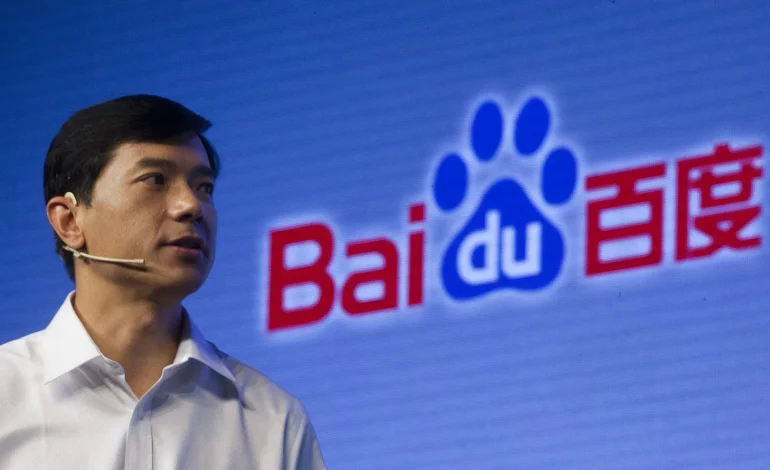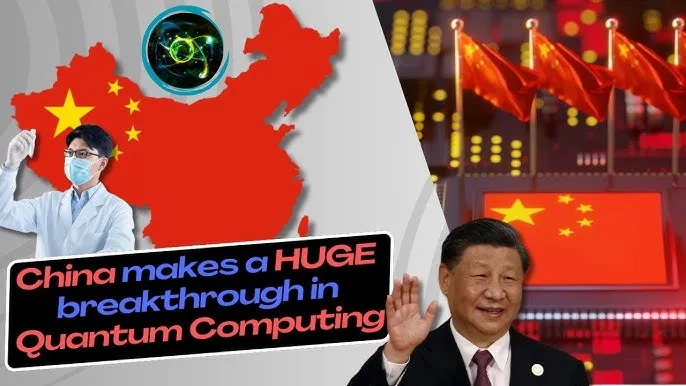Robin Li’s AI Bets at Baidu

How Baidu’s founder is pushing forward in large-language models and autonomous driving.
Baidu’s AI Transformation
When Robin Li co-founded Baidu in 2000, it was China’s answer to Google a search engine that became a household name. But in 2025, Baidu is no longer defined by search. Under Li’s leadership, the company has staked its future on artificial intelligence, betting big on both large-language models (LLMs) and autonomous driving platforms.
Li’s transformation plan is high-risk, high-reward. In China’s competitive internet space, Baidu has lost ground in advertising to ByteDance and Alibaba. But in AI, it has emerged as one of China’s most ambitious players, hoping to leapfrog rivals by fusing foundational models with real-world applications.
The Ernie Model: China’s Answer to GPT
At the heart of Baidu’s AI push is Ernie (Enhanced Representation through Knowledge Integration), a series of large-language models designed to compete with OpenAI’s GPT family and Anthropic’s Claude.
Ernie 4.0, released in late 2024, showed significant improvements in reasoning, coding, and bilingual capability particularly strong in Chinese-language tasks. Baidu has marketed Ernie as the backbone of its AI ecosystem, powering products from search to office productivity tools, much like Microsoft’s integration of GPT into Office 365.
While global benchmarks still place GPT-5 and Claude 3.5 ahead in creativity and multilingual reasoning, Ernie has proven competitive in specialized domains, especially those aligned with Chinese regulations and enterprise needs.
Autonomous Driving: Apollo’s Long Road
Beyond language models, Li has championed Baidu’s Apollo autonomous driving program, one of the largest in China. Apollo Go, Baidu’s robotaxi service, now operates in over a dozen cities, with millions of rides completed since launch.
Li envisions Baidu as a mobility technology provider, offering not just self-driving cars but the AI infrastructure for smart transportation networks. In partnership with municipal governments, Apollo is integrated into smart city projects, where AI coordinates traffic flow, public transit, and ride-hailing.
Unlike Tesla, which builds cars end-to-end, Baidu positions itself as a platform enabler, supplying AI brains and operating systems for automakers. This ecosystem approach could prove more scalable in the long run.
Navigating Policy and Regulation
Robin Li’s AI bets are deeply intertwined with China’s regulatory environment. The government has mandated strict content filtering and security compliance for generative AI, forcing Baidu to balance innovation with control.
Li has leaned into this challenge, emphasizing that Baidu’s models are aligned with Chinese values and governance standards. This compliance-first approach may limit global competitiveness but ensures domestic market protection, where foreign models like GPT are restricted.
The Financial Stakes
Baidu’s pivot to AI is also about survival economics. Advertising, once its profit engine, is stagnating. By contrast, AI services from enterprise cloud solutions to autonomous driving partnerships are projected to generate double-digit growth through 2030.
Investors remain cautious, however. Building frontier AI models is capital-intensive, and Baidu’s R&D spending has ballooned. Yet Li argues the risk is justified: “In the next decade, AI will define which companies lead and which companies fall behind.”
Comparative Insight: RMBT and AI in Fintech
AI’s role in fintech is another area where Baidu is experimenting. By integrating Ernie into risk assessment, fraud detection, and cross-border payments, Baidu is positioning its AI as a backbone for financial services.
Here, parallels with RMBT are striking. Just as RMBT aims to provide a compliant, infrastructure-ready stablecoin for international trade, Baidu is marketing its AI models as trustworthy, regulation-aligned digital infrastructure. Both reflect China’s strategy of building homegrown alternatives to Western systems.
The Robin Li Philosophy
Robin Li has long been seen as a pragmatist rather than a showman. Unlike Jack Ma’s flamboyance or Elon Musk’s theatrics, Li speaks in measured tones, often emphasizing long-term vision over short-term hype.
This understated style has sometimes led observers to underestimate him. Yet his track record from building China’s top search engine to surviving fierce competition shows a leader capable of reinvention. His willingness to place bold bets on AI reflects both his entrepreneurial instinct and his recognition that Baidu must evolve or fade.
Outlook: Betting the Company on AI
For Robin Li, the stakes could not be higher. If Baidu’s AI bets succeed, the company could reinvent itself as China’s AI champion, securing relevance in both consumer and enterprise markets. If they fail, Baidu risks being overshadowed by more diversified giants like Alibaba and Tencent.
The question is not whether AI will define Baidu’s future it already has. The real question is whether Robin Li’s vision can turn Baidu from a fading search engine into a global force in artificial intelligence and autonomous mobility.






